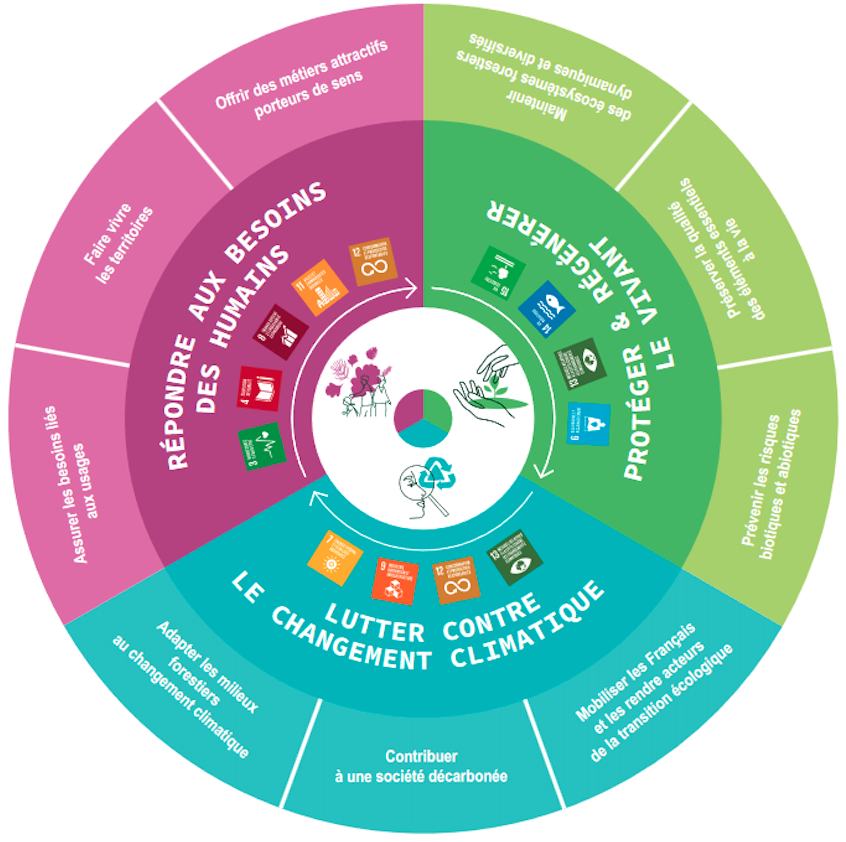With the advent of Industry 4.0, new perspectives are opening up for those who know how to read and anticipate their environment. Technological innovation pushes beyond traditional limits, profoundly transforming our production chains and business models. The integration of emerging technologies and the optimization of processes not only allow for increased efficiency but also lay the foundations for a more connected future. As we advance into this new territory, it becomes essential to explore the considerable potential offered by these advances, from cost reduction to performance improvement, along with new dynamics of collaboration.
The importance of future perspectives lies in both personal and professional development. In the field of psychology, this notion is considered a major factor in mental health, influencing our motivation and our ability to plan for the future. Analyzing future perspectives allows companies to adopt sustainable strategies to ensure their competitiveness and growth. With innovations such as Industry 4.0, emerging technologies are significantly transforming business models, thus creating new and promising opportunities. Looking to the future, the adoption of these technological innovations will surely improve process optimization and sustainable development on a global scale.
Table des matières
Togglethe impact of future perspectives on strategic planning
The notion of future perspective plays a central role in the strategic planning of companies. By envisioning their future clearly, organizations are capable of developing robust strategies that enable them to navigate an uncertain environment. This anticipation of the future not only gives them a competitive advantage but also improves their resilience to the inevitable market changes. Consult here for examples of the use of the term “future perspectives”.
In psychology, the future perspective is also recognized for its influence on individual motivation. It establishes a mental framework that pushes everyone to act in accordance with their long-term goals, which translates into greater productivity and enhanced performance within the company. Indeed, this alignment between professional aspirations and personal development significantly contributes to organizational well-being. More details can be found at this source.
technological trends and their role in the evolution of perspectives
Emerging technologies, such as artificial intelligence and automation, are significantly changing the landscape of future planning. They enable companies to leverage sophisticated predictive analytics to refine their strategic vision, thus becoming valuable resources for making accurate forecasts. For concrete application cases, consult this article.
the future perspective as a lever for societal transformation
Beyond the business world, the concept of future perspective can be a lever for societal transformation. By integrating this vision into public policy, decisions can be directed towards sustainable development, anticipating and mitigating future challenges such as pollution and environmental crises. A determining example is the initiative for a global treaty aimed at reducing plastic pollution, a perspective that could significantly shape our planet. To learn more, go here.





